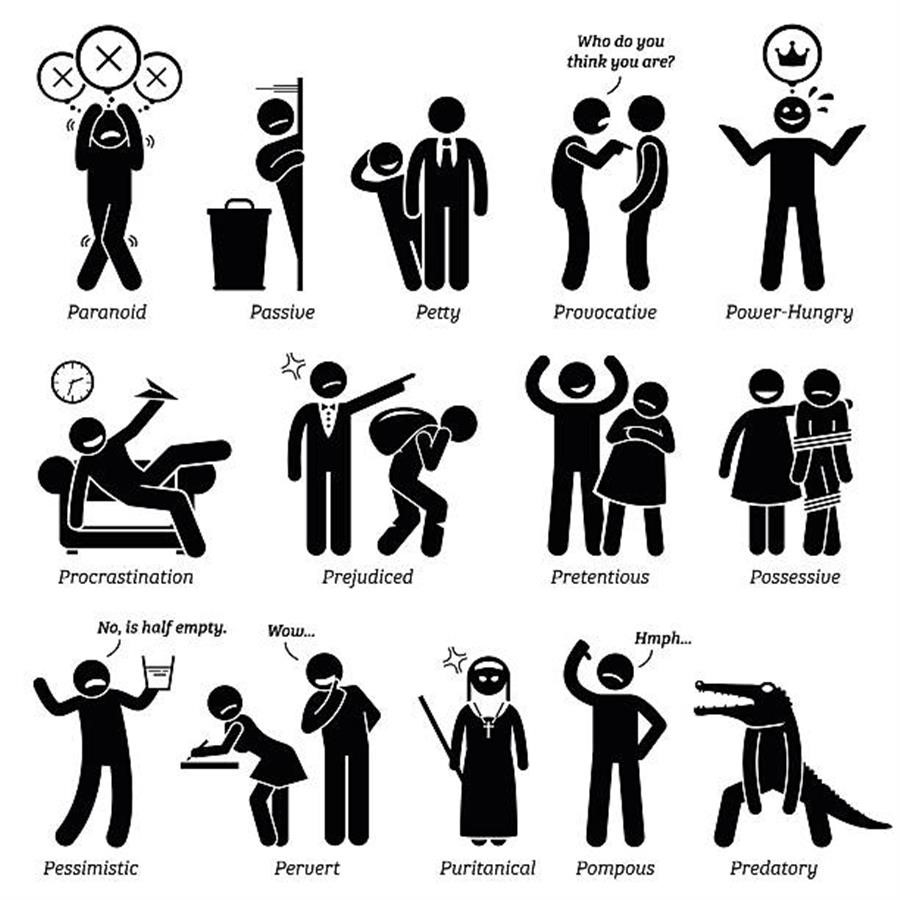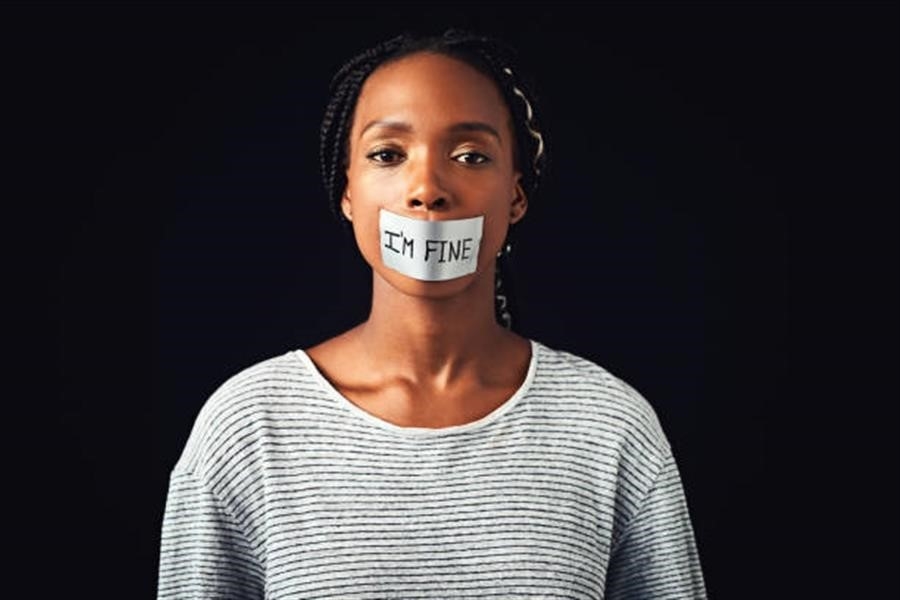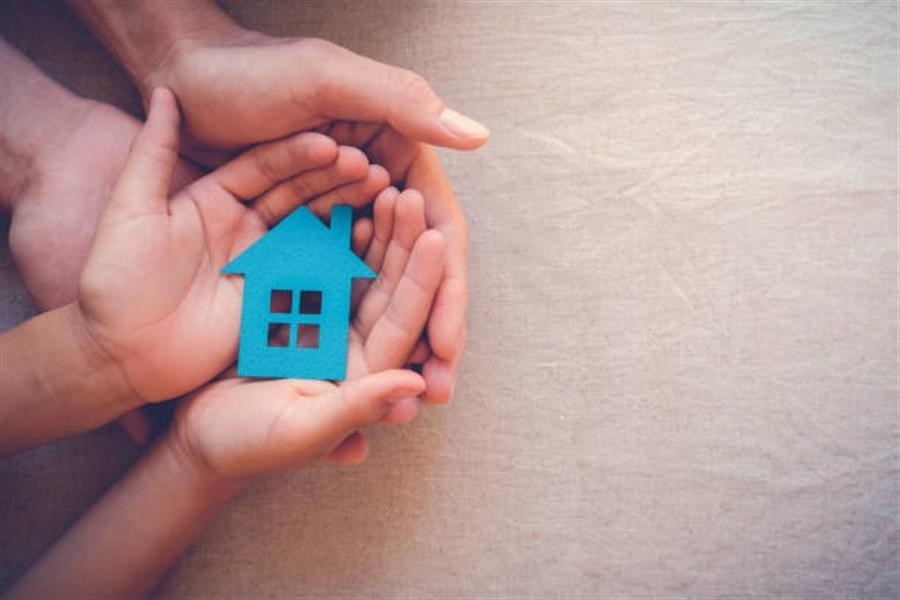Although it is generally agreed that there is no specific ‘type’ of person who is more likely to be abused, there are general characteristics which people in an abusive situation tend to have in common.
- Low self esteem
- Emotional and economic dependency
- Continued faith and hope abuser will “grow up”
- Depression
- Stress disorders and/or psychosomatic complaints
- Accepts blame and guilt for violence
- Socially isolated, e.g. avoids social interaction, never seems to be alone
- Believes social myths about battering
- Believes in stereotypical sex roles
- Has poor self image
- Contemplates or attempts suicide, or self-harms
- Participation in pecking-order battering
- Appears nervous or anxious
- May defend any criticism of abuser
- May have repeatedly left, or considered leaving the relationship
Although the above list is not exhaustive and may not always indicate an abusive relationship, many victims of abuse show many of these behaviors and attitudes or change in some other, subtle way.



